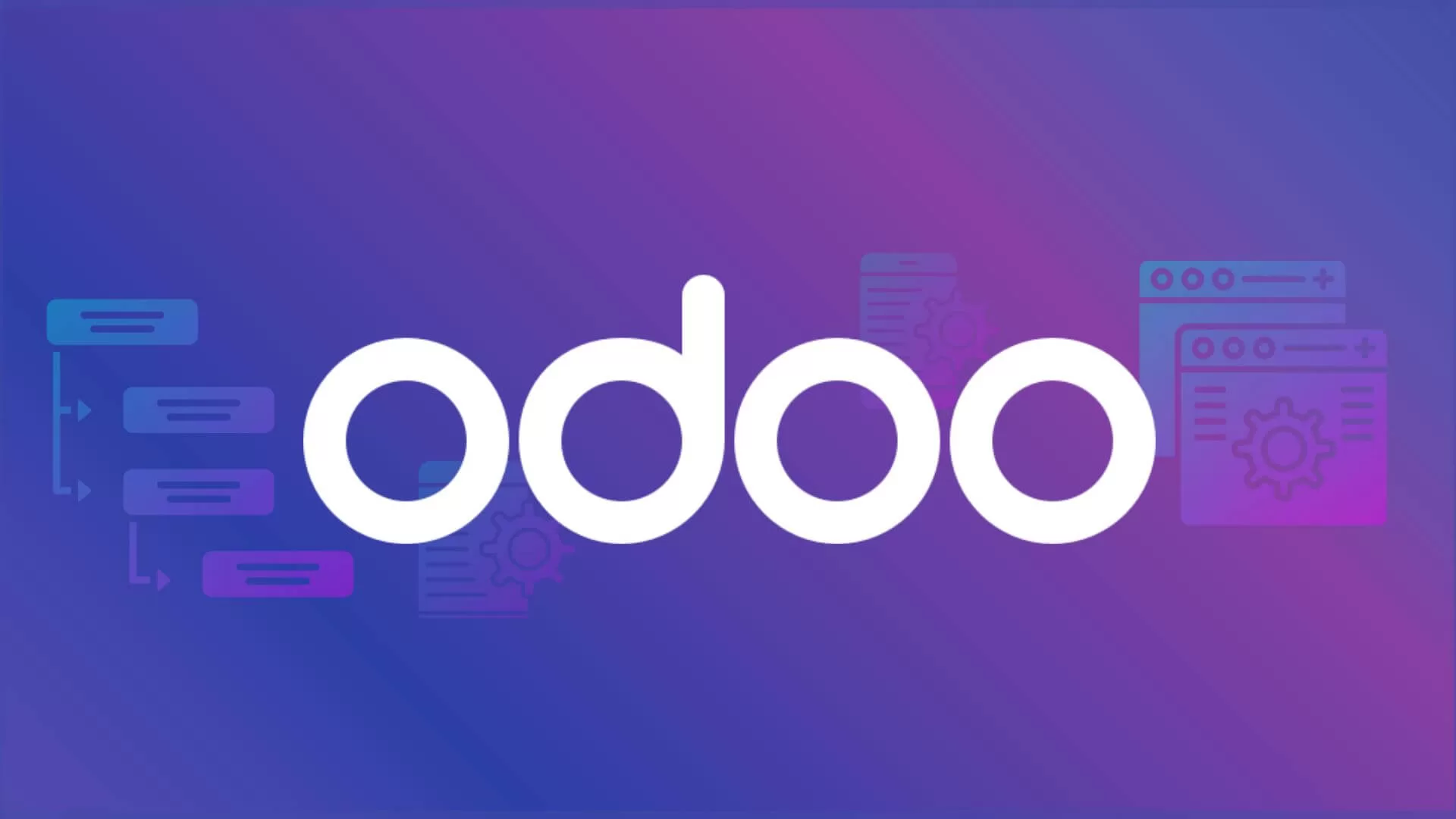Odoo is a name that stands out when talking about enterprise resource planning software. Not another alternative ERP solution, but a highly customizable versatile platform which serves multiple businesses regardless of their size. With two different versions— Odoo Standard, and Odoo Custom; it becomes challenging to choose the variant which best fits your requirements.
Whether you are a business owner, an ERP user, or an IT manager, this guide will help you decide which Odoo solution is best suited to your organization. What Is Odoo and Why Does It Matter?
Odoo is an open-source ERP system that provides a suite of applications designed to manage all aspects of a business, from sales and customer service to inventory and accounting. Its modular design allows businesses to pick the apps they need and scale as their operations grow.
One of the key benefits of Odoo is flexibility. Whether you are a small startup using simple functionalities or an enterprise-level company that requires customized solutions, Odoo has options for all. However, to be able to utilize this robust platform fully, it’s essential to know the differences between its plans and how they match up with your business objectives.

Diving into Odoo Standard
Odoo suite. Features of Odoo Standard Multi-app usability and integration through Odoo apps as required. It is cloud-based and is being hosted on the own cloud of Odoo. This simplifies deployment. Built with customer support for smooth operations. Benefits of Odoo Standard Interconnected Workflows: Allows to connect easily different apps, such as Inventory Management, Sales and HR to keep the things running smooth interdepartmental. Scalability: Adds new apps as the business goes. Easy Deployment: Because of the Managed Hosting, that eliminates all those technical nightmare ERP usually bring. Odoo Standard for Best use cases This variant is suitable for medium-sized businesses which require an all-in-one ERP solution that doesn’t require much complex custom development. Odoo Standard is a good option if you prefer having access to multiple apps and your workflows require interlinked operations.
Odoo Custom
Meet Odoo Custom, the ultimate solution for businesses seeking to streamline their management systems with unmatched flexibility and precision. Designed to adapt to your unique needs, this versatile software allows you to customize workflows and processes with an intuitive drag-and-drop interface—no coding skills required. Whether you’re managing customer relationships, sales, inventory, or projects, Odoo Custom’s integrated applications synchronize in real-time, giving your business a seamless operational flow. Featuring advanced security protocols to keep your data safe and scalable functionality to grow alongside your company, Odoo Custom isn’t just software—it’s a partner that empowers your team, boosts productivity, and enhances decision-making. Simplify complexity and take control of your business today with Odoo Custom.
Customizing Odoo
For companies that have very specific needs, Odoo offers the customization option as well.
What Is Odoo Custom
Odoo Custom refers to using the Odoo platform—either one app or multiple apps—with heavy customization to tailor the solution to specific business needs.
Standard Cloud Hosting
This Cloud Hosting is the same as Odoo standard, except it allows users to manage multi-company and Odoo studio for adding moderate extensions to default functionality like custom models, fields, and so forth
Self Hosting
When a company wants to manage the Odoo installation and data on its own server, this option is suitable for them. It’s expected that the company has an in-house IT team to maintain and scale the server infrastructure based on usage.
Odoo.sh
This is Odoo’s Paas + IaaS offering that offers users to use Odoo in cases that need Odoo customization. Also, if companies don’t have a dedicated IT team to manage the server or don’t want to take a headache to manage the server infrastructure by themselves. Odoo.sh is using. Google Cloud Platform to manage your Odoo installation with integrated CI/CD functionality, high availability with 24×7 monitoring from Odoo. Cost addition with Odoo.sh is based on the number of workers, storage space, and staging servers that users want on top of their enterprise licenses.
How To Customize
Requirement Analysis: Start by outlining the features and workflows your business needs.
Engage Developers: Work with Odoo-certified developers to design and execute the customizations.
Test and Deploy: Thorough testing ensures that the platform integrates seamlessly with your operations.
Odoo Standard vs Custom—A Side-by-Side Comparison
Odoo Standard
Odoo Custom
- Multiple App Integration
- Moderate Cost
- Multi-functional
- Cloud-only Hosting
- Best for Small Business
- Moderate Scalability
- Tailored for unique, complex needs
- High Cost ( Expert Odoo Consultants needed)
- Fully Tailored
- Cloud + On-premise hosting
- Best for Enterprise
- Highly Scalable
Conclusion
Whether you’re just starting your ERP journey or looking to optimize your existing systems, Odoo has an option tailored for your needs. From the simplicity of Odoo One App to the comprehensive approach offered by Odoo Standard and the tailored excellence of Odoo Custom, this platform has something for everyone. Just take a step back and analyze what your business really needs today and over the course of the following years. And keep in mind that regardless of the version of Odoo, you’re actually investing in a scalable, flexible solution that lets you manage operations smoothly. Interested in learning how Odoo can transform your business? Explore our insights, or get in touch with us for one-on-one guidance tailored to your scenario!

